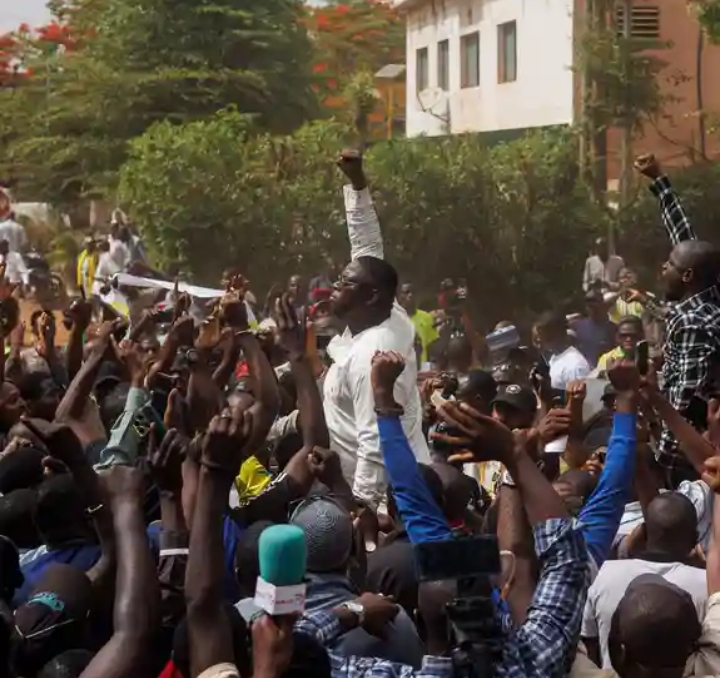Mali’s military government has dissolved all political parties, banned political activity, and cracked down on pro-democracy protests, sparking fears of escalating repression.
Mali’s Military Government Dissolves All Political Parties Amid Growing Repression


Mali's military government announced on Tuesday that it has dissolved all political parties in the West African country.
Mamani Nassire, the minister of political reforms, read out the decree signed by military government president Assimi Goita on television.
"Political parties and organizations of a political nature are dissolved throughout the national territory," Nassire declared.
He added that it is forbidden for members of dissolved political parties and political organizations to hold any meetings, citing the contents of the decree.
The announcement comes amid a growing number of pro-democracy activists being abducted from the streets of the capital, Bamako. It also follows a recent pro-democracy protest.
Mali has been under military rule since Goita led two coups in 2020 and 2021. Although he has repeatedly assured citizens that elections will take place, the vote initially scheduled for February 2022 was delayed due to "technical reasons." No new timeline for the elections has been provided.
In April, members of the transitional government proposed extending Goita’s presidency until 2030.
On Monday, Mali's National Transition Council, the interim legislative body, voted in favor of dissolving political parties.
Former prime minister Moussa Mara criticized the move on his X account, saying it "deals a severe blow to the reconciliation process that began last year."
Bamako has witnessed a series of protests in recent weeks. Several hundred people marched on May 3 and May 4, holding placards and calling for a multi-party election.
A protest planned for May 9 prompted the military government to suspend all political activities across the country.
Since then, several pro-democracy activists have gone missing, raising concerns over a broader crackdown on dissent.
In a statement last week, Human Rights Watch reported that two opposition leaders had disappeared, suggesting they may have been "forcibly disappeared."
According to the organization, one opposition figure was taken by "masked gunmen claiming to be gendarmes" on May 8, while the other was abducted by "unidentified men" outside Bamako on the same day.
Both individuals had participated in the May 3 protest.

 বাংলা
বাংলা  Spanish
Spanish  Arabic
Arabic  French
French  Chinese
Chinese 
